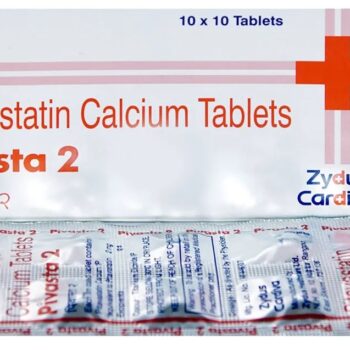In the realm of esteemed healthcare innovations: Metabolic therapy inhibitors for Non-alcoholic Fatty Liver Disease. | Al Budaiya, Bahrain
Discover the profound impact of metabolic therapy inhibitors on Non-alcoholic Fatty Liver Disease at our esteemed Budaiya, Bahrain location. Unleash your body's potential with cutting-edge treatments and personalized care to combat this prevalent health challenge. Embark on a journey towards holistic wellness guided by experts in the field, dedicated to supporting you every step of the way. Embrace newfound vitality and reclaim control over your health with innovative strategies that target root causes effectively.
What is Metabolic Therapy
Metabolic therapy optimizes cellular processes to enhance overall health and combat diseases. Through targeted nutrition, exercise, and lifestyle adjustments, it aims to boost metabolism, regulate hormones, and improve energy levels for a vibrant, balanced life.
A Scientific Approach to Disease Management
In recent years, scientific research has increasingly emphasized the profound impact of metabolic therapy on various diseases. Studies demonstrate its efficacy in mitigating risk factors associated with cardiovascular ailments, such as hypertension and high cholesterol. Additionally, metabolic therapy showcases promising results in cancer treatment by disrupting tumor metabolism and enhancing chemotherapy effectiveness. Furthermore, its neuroprotective properties offer hope in combating neurodegenerative disorders like Alzheimer's and Parkinson's. Backed by robust scientific evidence, metabolic therapy emerges as a holistic approach, leveraging nutrition, exercise, and lifestyle interventions to address multifaceted challenges in disease management and prevention
Human Effects of Metabolic Therapy Inhibitors
Metabolic therapy inhibitors offer promising avenues in disease management, targeting specific pathways to disrupt disease progression. Applied in cardiovascular health, cancer treatment, and neurodegenerative disorders, these inhibitors demonstrate safety through precise targeting, minimizing off-target effects. By modulating cellular metabolism, they hold potential for personalized treatment approaches, offering hope for improved outcomes and enhanced quality of life in patients facing diverse medical challenges.
Conclusion
Esteemed for its potential in managing Non-alcoholic Fatty Liver Disease (NAFLD), metabolic therapy inhibitors offer a multifaceted approach to treatment. By targeting key metabolic pathways involved in disease progression, these medications work to improve liver function and reduce fat accumulation. Research has shown promising results with the use of metabolic therapy inhibitors as an adjunctive treatment alongside lifestyle modifications. Patients undergoing this innovative therapy have reported improvements in liver enzyme levels and overall quality of life. The safety profile of these medications is under ongoing investigation, but early findings suggest they may be well-tolerated by most individuals when used as directed by healthcare providers specialized in NAFLD management.

